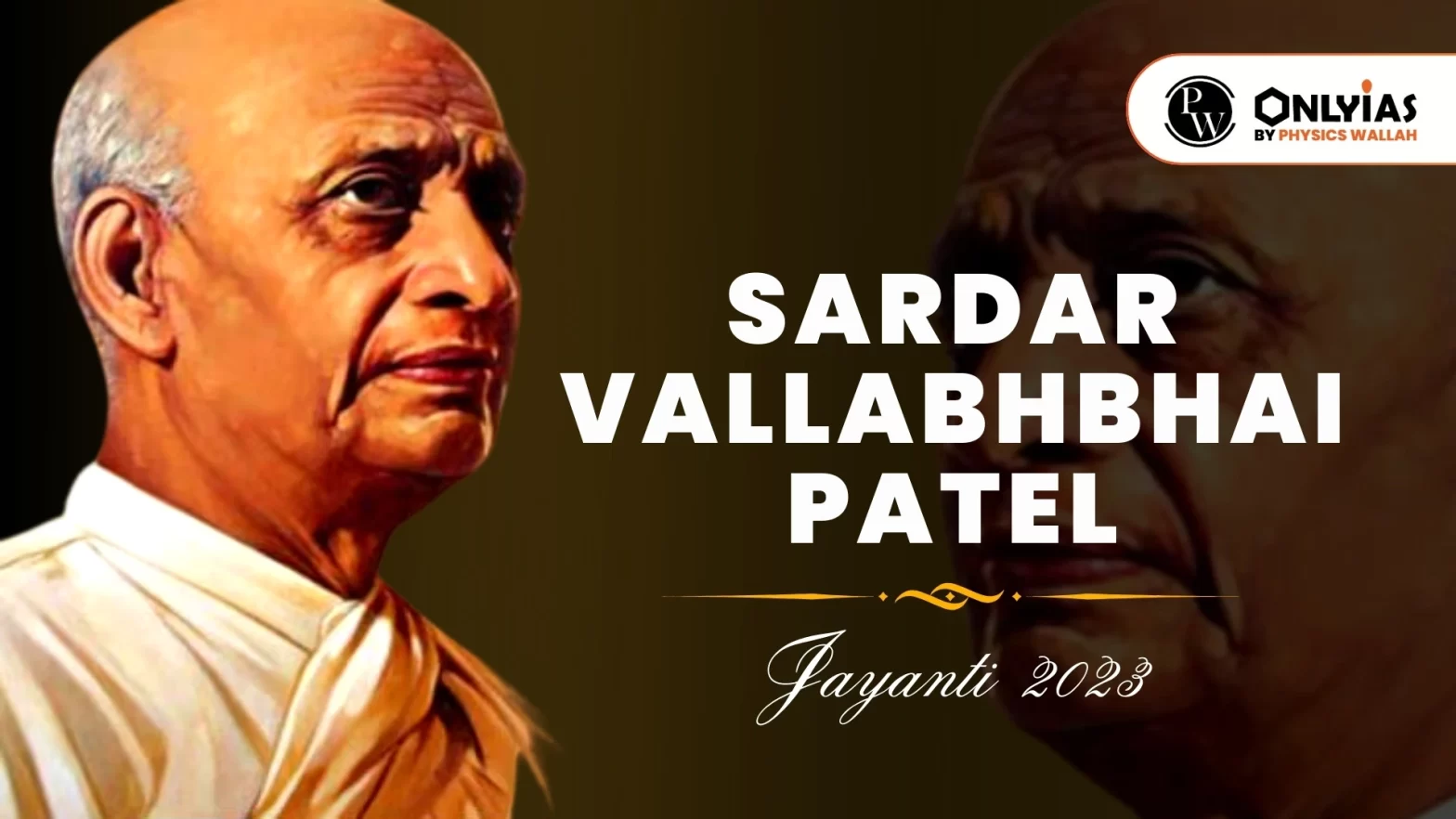![]() 31 Oct 2023
31 Oct 2023

| Relevancy for Prelims: Sardar Vallabhbhai Patel Jayanti 2023, Gujarat Sabha, Non-Cooperation Movement and Quit India Movement.
Relevancy for Mains: Sardar Vallabhbhai Patel and his contribution in building a modern and unified India. |
|---|
Sardar Vallabhbhai Patel was a great leader, who shaped India’s destiny with his courage and dedication. The India that we see today was a result of his invaluable efforts. He is an architect of modern and unified India.
| Prelims Question (2015)
Which one of the following movements has contributed to a split in the Indian National Congress resulting in the emergence of ‘moderates’ and ‘extremists’? (a) Swadeshi Movement (b) Quit India Movement (c) Non-Cooperation Movement (d) Civil Disobedience Movement Ans: (a) |
|---|
| Mains Question: Discuss the contribution of Sardar Vallabhbhai Patel to pre-and post-independent India. (250 words, 15 Marks) |
|---|
<div class="new-fform">
</div>